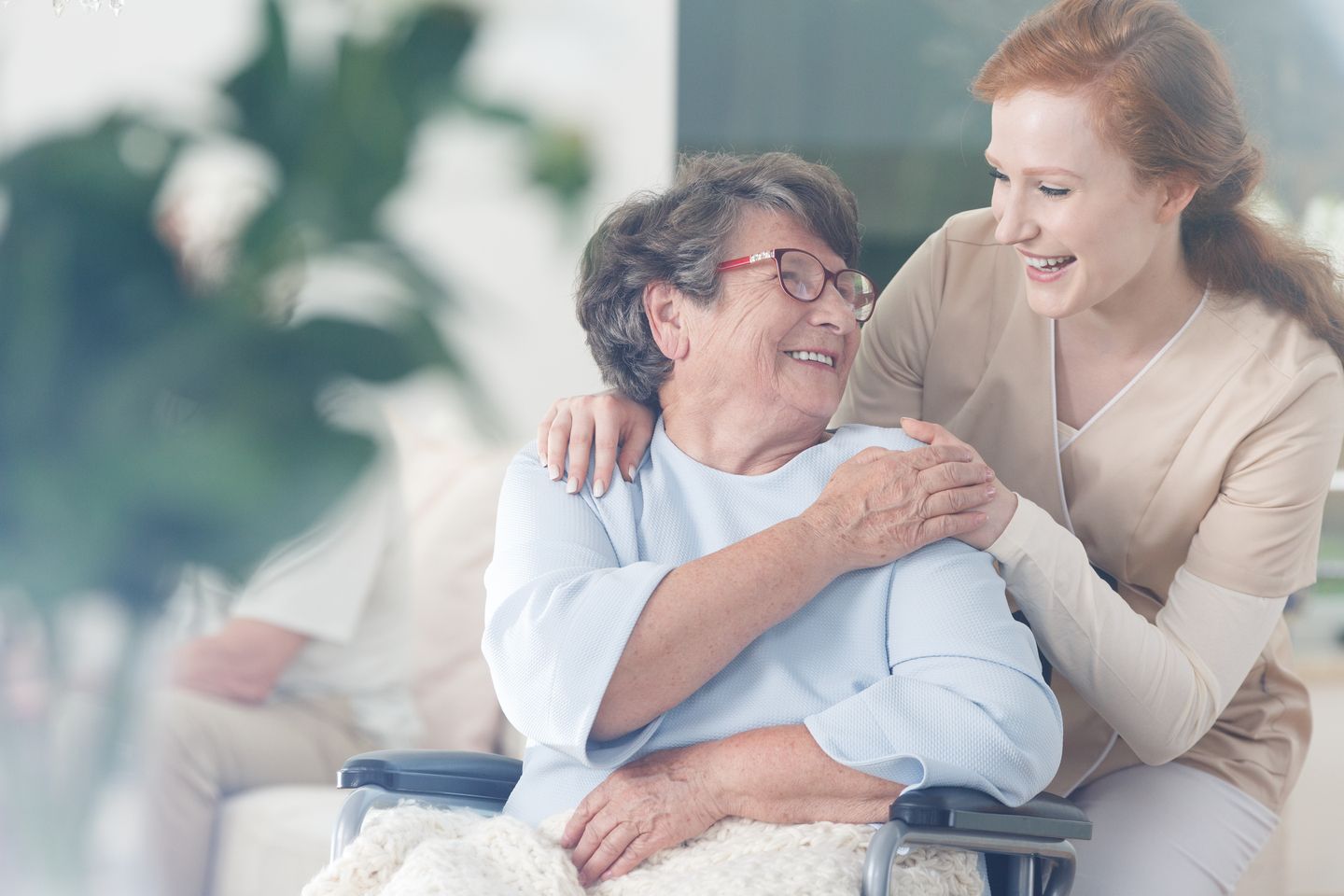Staying Safe at Home

Aging in the comfort of your home offers genuine benefits such as independence, freedom, and security. However, assessing the environment’s safety is also essential when you decide to age in place. To make sure that you are safe at home, below are some of our recommended tips to consider:
Home Safety Tips
Fall-Safe Home
Make sure your home is free from potential fall hazards to reduce the risks of accidents as you age in place. You can do this by removing throw rugs and using safer options such as mats with rubberized backing. You may also want to de-clutter or avoid having extension cords across the floor. Creating a more open area is advised, too, which you can do by choosing less bulky furniture. You can as well reduce the risks of falling by opting to have the option of non-slip footwear or indoor shoes when you’re at home.
Save Emergency Numbers
If you find high-tech smartphones too complicated to use, you can always opt for more basic models – or stick a traditional post-it-note on the refrigerator. It's crucial to have easily accessible emergency numbers on your near you at all times. Apart from emergency numbers, you must also have contact numbers of loved ones or people you can rely on in times of immediate need. If possible, you may want to have another phone as a back-up and keep it in a certain place such as a drawer or the cabinet where it's easy to find. In your phones or notes, make sure to save the following:
- 911
- Caregiving service
- Healthcare provider
- Family and friends to contact in case of emergency
Fire Protection
Make sure your home is always safe from fire hazards. You can do this by regularly checking your home’s smoke and carbon dioxide detectors. As long as possible, refrain from using candles, instead, keep flashlights in easily accessible areas. You should also check if the electric cords at your home are not damaged. Your home’s space heaters must also be 3-feet away from curtains, furniture, or beddings.
Safe Bathrooms
Make sure your bathrooms are safe by installing handles in the shower and by the toilet. Rubber mats are also essential to prevent slipping. You may also want to consider bathing chairs in the shower for a safer and more comfortable time in the bathroom. Removing bathroom mirrors may also help especially for seniors suffering from dementia.
Safe Bedrooms
You may also want to assess the safety of your bedroom by checking your bed mattress and make sure it’s comfortable and safe for your back. Installing a grab bar beside the bed won’t only be safe for you but it can also help you get up easier. Consider replacing round doorknobs with single-lever types which will make opening doors safer and easier for seniors.
Safe Stairs
If you have stairs at home, you can reduce the risks of accidents by installing railings or consider installing stairlifts. You can also increase the safety of staircases by painting the stairs with contrasting colors, so it’s easier to differentiate the steps with alternating color patterns.
Right lighting
Good lighting is important for seniors living at home. As it is common for older adults to have an impaired vision - having a well-lit house makes it a safer place to live. You can improve the lighting of your home by replacing old or burnt bulbs. You may also want to install more light fixtures, especially in darker areas. Installing motion detection lights inside and outside the house can also make your home a safer place as well as make your monthly electricity bill cheaper.
Home Safety Questions for Seniors
Asking yourself these questions can help you make sure that staying at home longer is safe for you. Answering the following can help you realize what home changes you need to do to make your place accident-free.
- Do you walk around furniture when walking across a room?
- Are there throw rugs in your house?
- Do you see clutter on the floor such as newspapers, magazines, shoes, and extension cords?
- Are you seeing cords across the house floor?
- Do you have a well-lit home?
- Is it easy to differentiate your stair steps?
- Is your bathroom safe from slips? Does it have safety handles in the shower area or the toilet?
- Does the pathway to your bedroom have good lighting?
- Do you keep your items in the kitchen on high shelves?
- Do you have a steady step stool in the kitchen?


